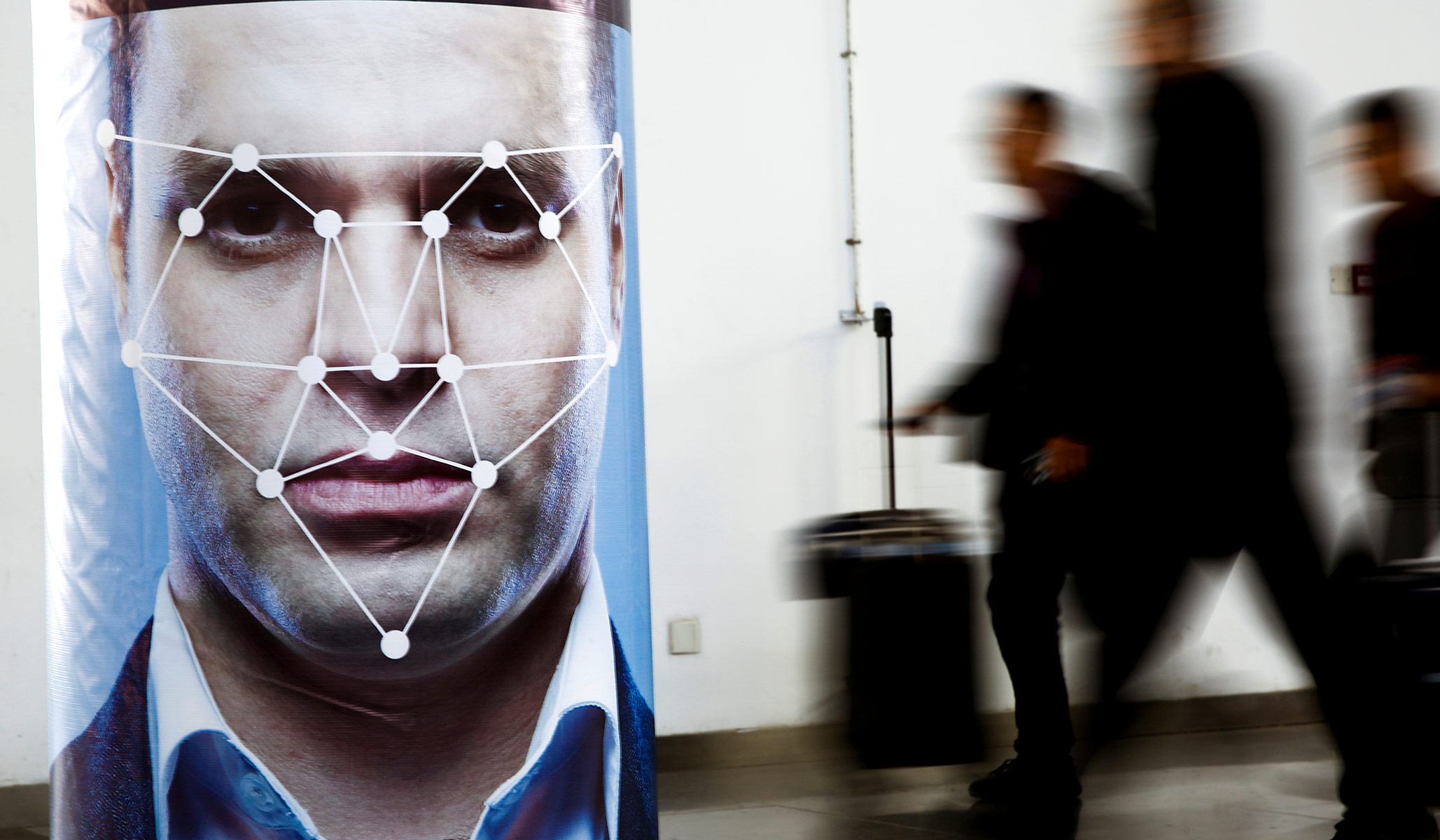The Internal Revenue Service will require taxpayers to upload videos of their faces in order to access some online functions beginning this summer.
In order to log in to the IRS website, where taxpayers can access child tax credits and complete payment plans, taxpayers will need to send a video of their face to facial recognition contractor ID.me to confirm their identity. Taxpayers will also need a government document such as a driver’s license along with the video selfie.
The IRS said Americans can still file tax returns and make payments from a bank or credit card account without facial recognition procedures.
“The IRS emphasizes taxpayers can pay or file their taxes without submitting a selfie or other information to a third-party identity verification company,” the agency told CNBC last week. “Tax payments can be made from a bank account, by credit card or by other means without the use of facial recognition technology or registering for an account.”
Roughly 70 million Americans have already scanned their faces to ID.me to file for unemployment benefits, child tax credits, and other services, according to the Washington Post.
ID.me CEO Blake Hall told the Post that the company operates with high security standards and that the facial-recognition process is similar to showing a photo-ID, “digitizing a process Americans are already quite used to.”
ID.me saw controversy this week after Hall admitted in a LinkedIn post on Wednesday that the company uses a facial recognition technique that matches faces against a larger database in certain instances. Hall said the company did not want to reveal the technique in order to avoid exposing its methods to criminals
The admission contradicted Hall’s statements in a press release on Monday, in which he said the company only uses 1:1 facial recognition, a less powerful technique that matches a face against pictures of one single face, without a wider database of faces.
Meanwhile, Jeramie D. Scott, senior counsel of the research group Electronic Privacy Information Center, noted to the Post that there are no federal laws in place regulating facial recognition in the U.S.
“We haven’t even gone the step of putting regulations in place and deciding if facial recognition should even be used like this,” Scott told the Post. “We’re just skipping right to the use of a technology that has clearly been shown to be dangerous and has issues with accuracy, disproportionate impact, privacy and civil liberties.”
Send a tip to the news team at NR.
